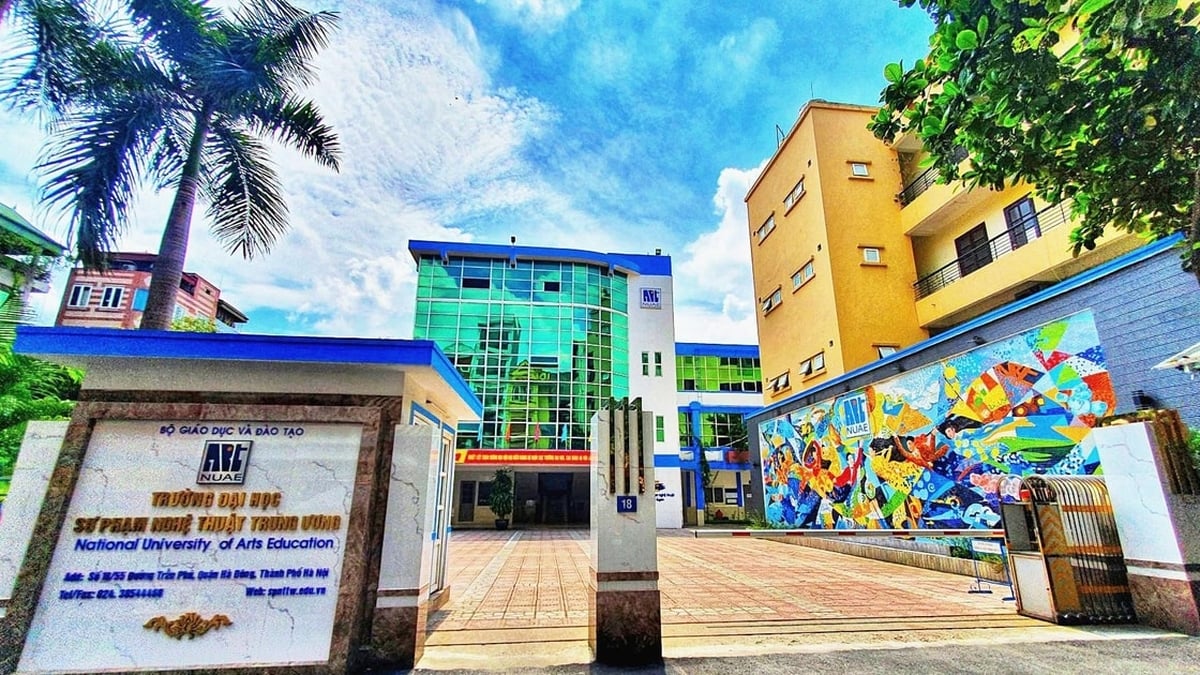Low copper levels cause poor eyesight, weak and brittle bones, and the body becomes susceptible to illness due to reduced resistance.
The body needs copper to maintain a healthy metabolism, promote strong bones and ensure a properly functioning nervous system. Possible causes of a deficiency include: surgery that affects the digestive tract, consuming too much zinc which interferes with the body's ability to absorb copper. Here are some signs of copper deficiency.
Tired
Copper deficiency can be one of many causes of fatigue and weakness. When copper levels are low, the body may absorb less iron, which can lead to iron deficiency anemia. A copper-rich diet can help correct this condition.
Frequent illness
People who are often sick may be due to copper deficiency. Because when the amount of copper in the body is low, it will be difficult to create immune cells, significantly reducing the number of white blood cells, affecting the ability to fight infection.
Weak and brittle bones
Age-related osteoporosis can also be caused by a lack of copper. This trace mineral encourages the body to make more bone cells, which help to reshape and strengthen bone tissue. An analysis of eight studies involving more than 2,100 people found that those with osteoporosis had lower copper levels than healthy adults.

Copper deficiency causes poor eyesight and affects memory. Photo: Freepik
Memory problems
A lack of copper can make learning and memory more difficult. This substance plays an important role in brain function and development. One study found that people with Alzheimer's disease had 70% less copper in their brains than people without the disease.
Sensitive to cold
People with copper deficiency may be more sensitive to cold temperatures. Copper, along with other minerals such as zinc, helps maintain optimal thyroid function. When copper levels in the blood are low, thyroid hormone levels drop. As a result, the thyroid gland does not function properly. It is estimated that more than 80% of people with low thyroid hormone levels feel more sensitive to cold temperatures.
Loss of vision
Vision loss is a serious condition that can result from a long-term copper deficiency. Copper also helps ensure the normal functioning of the nervous system. A copper deficiency can cause problems with the nervous system, including vision loss.
Copper deficiency vision loss is more common in people who have had gastrointestinal surgery, such as gastric bypass surgery, which reduces the body's ability to absorb copper. Although there is some evidence that copper deficiency vision loss can be reversed, other studies have shown that vision does not improve after increasing copper intake.
Le Nguyen (According to Healthline )
Source link



![[INFOGRAPHIC] Open-back headphones, look like a... pill](https://vphoto.vietnam.vn/thumb/1200x675/vietnam/resource/IMAGE/2025/7/16/cd63f007ad404018aa504c1009ce19ba)


































































































Comment (0)